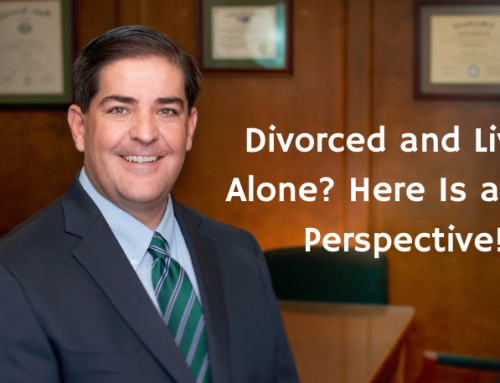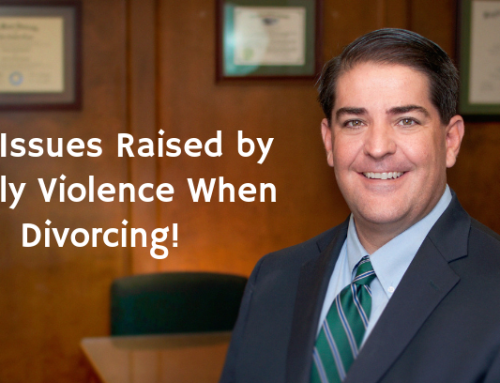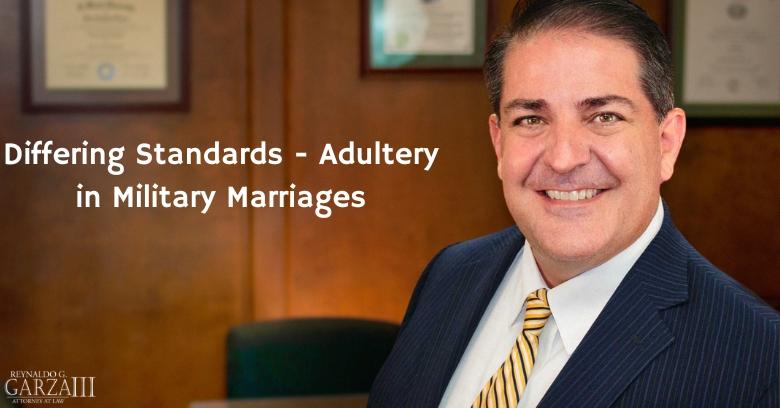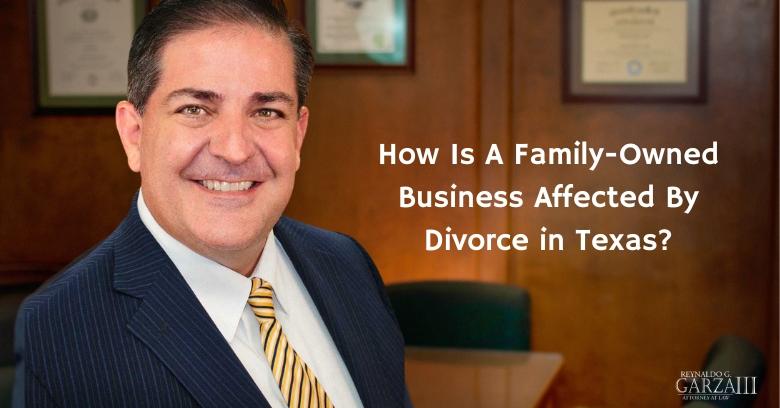The lawyers who practice family law assert that determining primary conservatorship in child custody cases can be a challenging issue for all parties involved.
In Texas, this decision is made by weighing two main considerations: the child’s preference and what is in the child’s best interest.
Most family law attorneys understand that the parties involved may not agree on these things.
Yet despite any disagreement on these values, child custody lawyers and the family court will do their best to consider both sides and take preference highly into account in creating a workable custody order that former spouses and their children can live with.
What Is the Best Interests Standard?
The Best Interests Standard of determining managing conservatorship in Texas operates under the premise that it is the court’s decision to do whatever is best for the well-being of the child.
Unfortunately, since that idea is a very fluid one that can change depending on the circumstance, there are no clear definitions of this standard for parents and family law attorneys to work with.
The best interest of the child is normally thought to mean situations that provide for their physical and emotional well-being according to a long list of qualifying factors.
Since every family is different, this must be considered on a case-by-case basis.
An experienced child custody lawyer can advise parents on what is considered to be the best interests of the child; however, the courts may still find a discrepancy with what is presented.
How Is The Child’s Preference Considered?
Although the definition of “best interest” is vague and subject to discussion depending on the individual circumstances, there are a few important points that must be recognized with regard to child preference.
According to Texas family code, preference is one factor that helps determine what is in the child’s best interest for children 10 years and over.
While this is all subject to court approval, the child’s wishes do get some consideration.
In addition, more recent additions to this code now permit a child 14 years and older to choose their managing conservator.
Preference is usually stated either in writing or during interviews conducted while a custody case is in progress for the court to gain an assessment of the situation.
Weighing the Different Choices
Family law attorneys point out that while the Best Interests Standard does exist in the Texas family law code, it is written in such a way that there are no hard rules regarding what is actually considered to be in a child’s best interest.
The child’s opinion may weigh in considerably once they reach the age of 10; however, parents must avoid pressuring their children or the court could discount this opinion altogether.
There have been court cases where the child’s written statement was discounted for various reasons including suspicion of pressuring, history of abuse within the family, and other reasons that suggest the court must determine what the best interests actually are.
Therefore, it is impossible for a child custody lawyer to suggest any particular outcome, even with statements of preference from children who meet the age requirements.
Courts Will Always Act In The Child's Best Interest
The important point for parents to know is that even though older children may state a preference in conservatorship for consideration, the family court must still act according to what is in the child’s best interest.
Texas family law attorneys can certainly help parents and their children plan the best custody proposal to present to the court with the understanding that the decision will vary depending on individual circumstances.
A Final Thought
Parents should work with an experienced child custody lawyer who understands how the court may determine best interest and what challenges their specific custody case may encounter.
Reynaldo Garza, III
Downtown Brownsville
Principal Office
680 East St. Charles St, Suite 600
Brownsville TX 78520
956-382-7002












